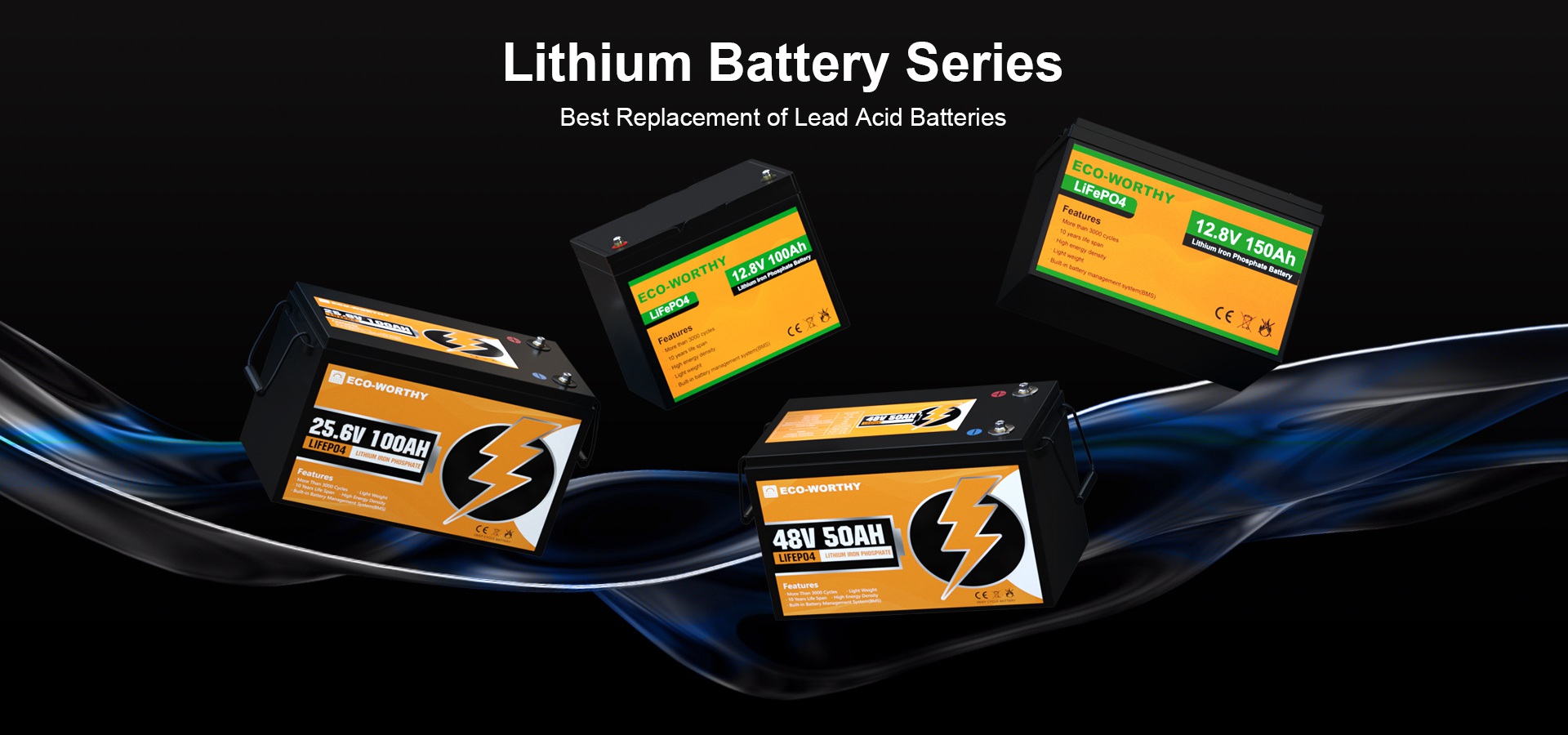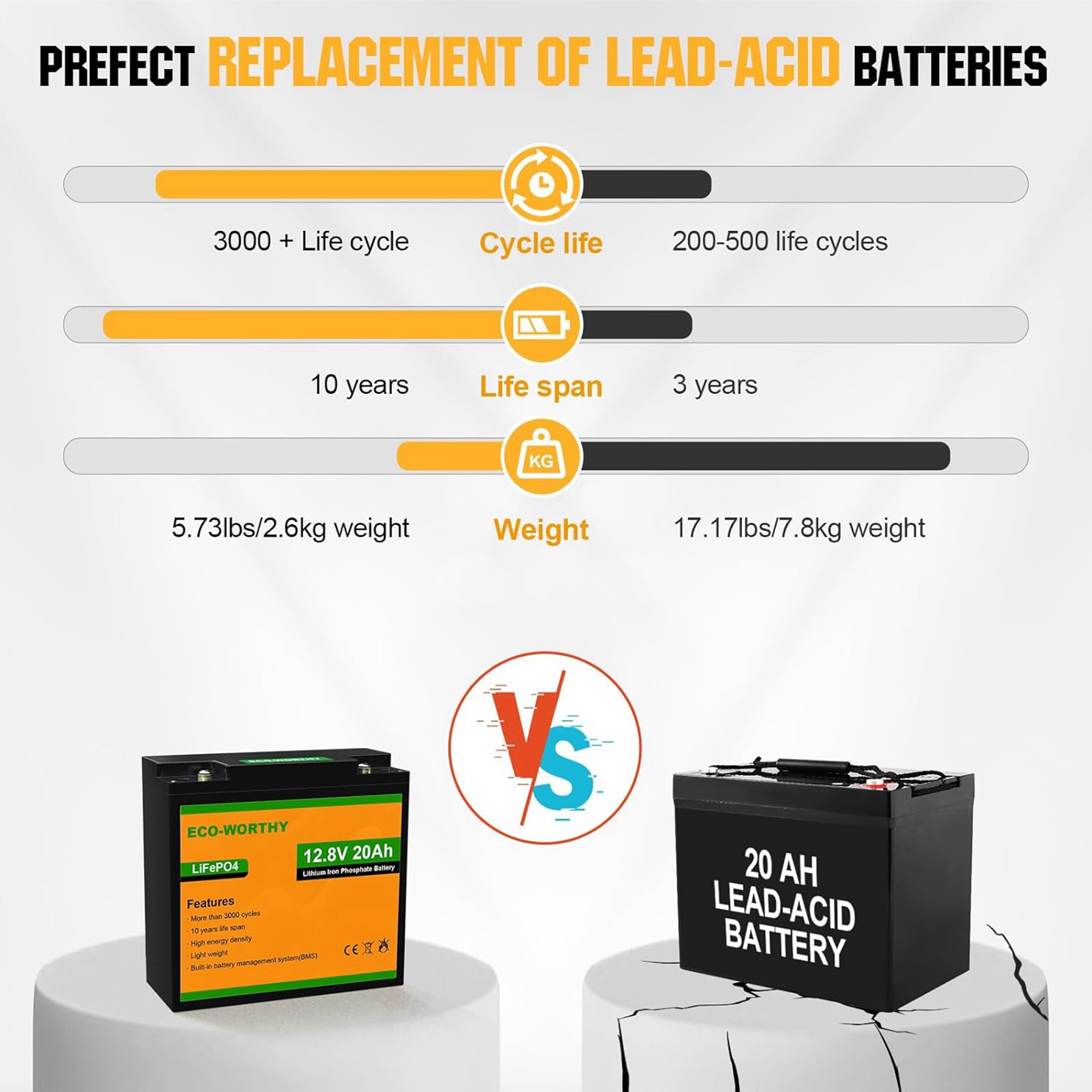Navigating the Rising Tide of Lead Prices: Exploring the Advantages of Lithium Iron Phosphate (LFP) Batteries
Jul 03, 2024
Navigating the Rising Tide of Lead Prices: Exploring the Advantages of Lithium Iron Phosphate (LFP) Batteries
In the midst of escalating global lead prices, the energy storage landscape is undergoing a significant transformation. As a manufacturer specializing in Lithium Iron Phosphate (LFP) batteries, we are poised to seize this opportunity and shine a light on the unparalleled benefits of LFP technology.
I. Unparalleled Safety Standards
At the forefront of LFP's allure lies its exceptional safety record. The utilization of lithium iron phosphate as the cathode material endows these batteries with exceptional thermal and structural stability. This translates into a dramatically reduced risk of thermal runaway and fires, even under extreme conditions such as overcharging, short-circuiting, or exposure to high temperatures. In an era where safety is paramount, LFP batteries stand as a testament to reliability and peace of mind.
II. Longevity and Cost-Effectiveness
LFP batteries boast an impressive cycle life, often exceeding 2000 cycles or more. This longevity significantly reduces the need for frequent replacements, thereby minimizing maintenance costs and enhancing overall economic viability. For applications that rely heavily on battery power, such as energy storage systems, electric vehicles, and uninterruptible power supplies (UPS), LFP batteries offer a cost-effective solution that pays dividends over time.
III. Environmental Sustainability
In line with the global push towards sustainability, LFP batteries represent a green alternative. Their production process is relatively clean, free from harmful heavy metals like lead and cadmium. Furthermore, the recycling of LFP batteries is straightforward, facilitating the circular economy and minimizing environmental impact. As the world transitions towards a more eco-conscious future, LFP batteries stand as a symbol of environmental responsibility.
IV. Versatile Performance and High Energy Density
While LFP batteries may not boast the highest energy density among all lithium-ion technologies, they excel in cost, safety, and longevity, making them ideal for a wide range of applications. Our 12V LFP batteries, for instance, provide a reliable and stable power source for electric vehicles, energy storage systems, solar photovoltaic systems, and more. Their versatility ensures that they can meet the diverse needs of various industries and sectors.
V. Technological Innovation and Future Prospects
We are committed to staying at the forefront of technological advancements in the LFP battery industry. Through continuous research and development, we strive to enhance the energy density, reduce costs, and optimize the performance of our batteries. Additionally, we are exploring the integration of intelligent battery management systems (BMS) to ensure the safe and efficient operation of our products.
Conclusion
Amidst the rising tide of lead prices, LFP batteries emerge as a shining beacon of hope for the energy storage sector. Their unparalleled safety, longevity, environmental friendliness, and versatility position them as the ideal choice for a wide array of applications. As we navigate the challenges of the present and look towards the future, we remain steadfast in our commitment to innovation and sustainability. Together, let us embrace the potential of LFP batteries and pave the way for a greener, safer, and more efficient tomorrow.




